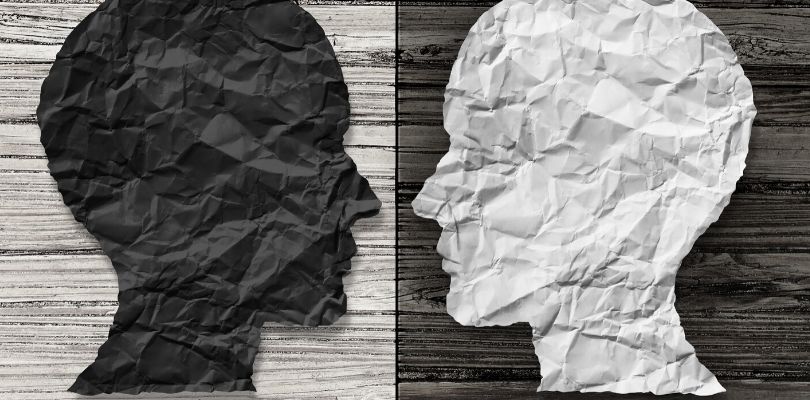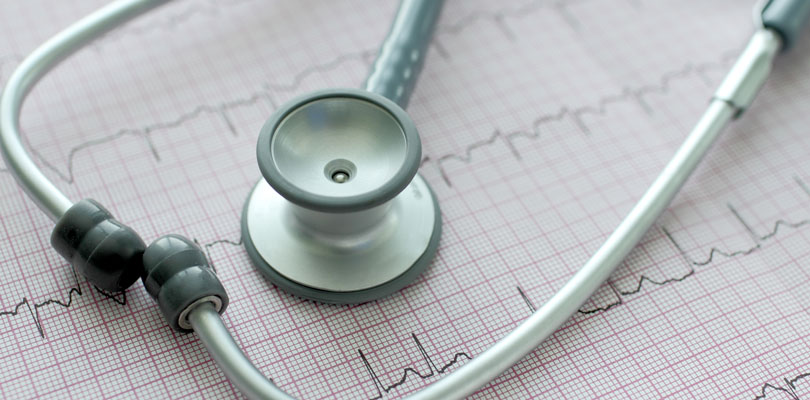What is Bipolar Disorder?
When it comes to taking care of your mental health, ongoing treatment is important, especially if you are affected by bipolar disorder. About 1% of the population are affected, but what is bipolar disorder? It is a disorder that can negatively affect your mental well-being, physical health, relationships and behavior. Your usual day to day tasks can become interrupted with mental health issues that are out of your control.
Bipolar disorder is a lifelong mental health condition which causes extreme mood swings. There are several types of bipolar and bipolar related disorders. Bipolar mood swings cycle through periods of depression and elevated moods, giving you both extreme emotional highs and lows. The frequency of bipolar episodes can occur rarely or multiple times each year. Everyone’s experience is unique; most people experience some emotional symptoms between episodes, but some people do not experience any. There are three states of bipolar disorder: high state (mania), low state (depression) and well state (where many people feel normal and function fine).
Symptoms
Some people experience manic and depressive symptoms at the same time which is called a mixed episode. In many cases, the episodes will cycle through the manic phase, depressive phase and well phase. Manic and depressive episodes usually last for weeks or months in adults, but episodes are shorter with children and teens. Symptoms of the manic and depressive phases are outlined below.
Manic Phase in Adults
Manic and hypomanic episodes include three or more of these symptoms:
- Excessive energy that makes a person abnormally optimistic, jumpy, or wired
- Increased activity or agitation
- Talking at a rapid pace that is hard for others to follow
- Easily distracted
- Exaggerated sense of well-being, feelings of grandeur, elevated self-confidence, or extreme self esteem
- Acting without considering consequences
- Does not appear to need or desire sleep
- Poor decision making or impaired judgement
- Racing thoughts that jump quickly between ideas
Depressive Phase in Adults
Major depressive episodes occur when symptoms impact daily activities. A depressive episode is characterized by having five or more of these symptoms:
- Depressed mood
- Apparent loss of interest or pleasure in all or most activities
- Decreased cognitive ability when it comes to concentration or memory
- Indecisiveness
- Fatigue or loss of energy
- Noticeable weight loss
- Insomnia or sleeping too much
- Restlessness or slowed behavior
- Thinking about, planning, or attempting suicide
- Other symptoms include anxious distress, melancholy, psychosis, physical agitation, slowness, odd movements or postures
Virtual healthcare is a recent development that is expected to completely revolutionize the way medical services are delivered around the world.
Bipolar Symptoms in Teens
It is more difficult to identify bipolar episodes from the normal ups and downs of being a teenager. Symptoms can also be the result of stress, trauma, or signs of another mental health problem. Many of the bipolar symptoms in adults will also appear in teens. The most prominent sign of bipolar in teens may include severe mood swings that are different than their usual mood swings. With major depressive or manic episodes in teens, moods can shift rapidly during episodes, changing several times throughout the day. Some children have periods without mood symptoms between episodes; make sure you stick to a treatment plan during these times even though there are no symptoms present.
Bipolar Causes in Teens and Adults
The exact cause of bipolar disorder is unknown, but research suggests a few variables which may play a part in whether someone has bipolar or not. Factors that may be involved include biological differences, such as physical changes in the brain and genetics. Bipolar disorder is more common in those who have a first-degree relative with the condition. Research is ongoing to find the genes involved in causing bipolar disorder. The first episode of bipolar disorder usually happens in teen years or early adulthood. Episodes may be triggered by stress or trauma, substance abuse, medication, sleep deprivation, or seasonal changes. An additional trigger for girls may also be their monthly menstrual cycle.
Treatment for Teens and Adults
Treatment for bipolar is a long-term commitment. You can manage your mood swings and other symptoms by sticking to a treatment plan. Bipolar is generally treated with a combination of medications, psychological counselling, lifestyle changes and social support. Check with your healthcare provider before trying something new or making any changes to your established treatment plan.
Medication
You must take your medicine regularly, even if you are feeling fine. The main medications prescribed to those with bipolar are mood stabilizers, antipsychotics (help control the manic phase), and antidepressants (used in episodes of depression, but needs to be monitored when taken for bipolar instead of depression). Teens will likely be prescribed a mood stabilizer when they are diagnosed with bipolar disorder.
Counselling and Therapy
Cognitive-behavioural therapy (CBT) teaches you how your thoughts, feelings and behaviours work together. CBT also teaches skills like problem solving, managing stress, realistic thinking and relaxation. For serious or long-lasting occurrences, electroconvulsive therapy may be recommended by the doctor. Light therapy may also help with the depressive episodes. Teens will likely be referred to a psychologist or counselor; these doctors will also watch the teen’s symptoms closely and offer additional treatments if required.
Lifestyle Changes
Learn to recognize the early signs of highs and lows of an episode. If you are aware that stress is one of your triggers, make sure you are addressing the source of the stress and acting to remove it from your life. Avoid alcohol and other substances, and make sure you are getting a proper amount of sleep each night.
Social Support
Support groups bring people together who understand what you are going through. Bipolar can be an isolating condition (which can compound the problem) and these groups can create a safe space to share, learn, and connect. Make sure that you also connect with people that are close to you to keep them informed on how you are doing and how they can support you.
Many people find a treatment plan that enables them to live successful, full lives. Bipolar does not have to interrupt your life; make following your treatment plan a priority and keep your doctor in the loop with anything that applies to your mental health and well-being.







